Legendary actor and artist David Dalaithngu dies
Australian actor, dancer, singer and painter David Dalaithngu, most famous for his roles in Storm Boy and Ten Canoes, has died at his home at Murray Bridge.
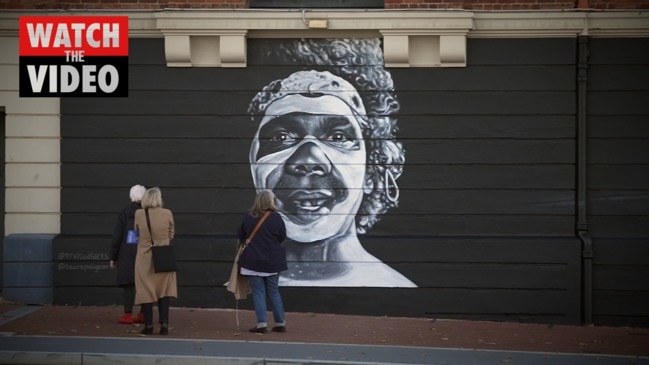
Entertainment
Don't miss out on the headlines from Entertainment. Followed categories will be added to My News.
Australia’s greatest Aboriginal actor, David Dalaithngu, has died after a long battle with cancer at his home in Murray Bridge.
His death was announced on Monday night, more than two years after his daughter Phoebe Marson confirmed that the 68-year-old – star of such films as Storm Boy, The Tracker, Ten Canoes and Charlie’s Country – was gravely ill with lung cancer and said that “soon he will go to the Dreamtime”.
Dalaithngu’s family has given permission for his name and image to continue to be used after his death, in accordance with his wishes, although he was known by another surname during his lifetime.
The internationally acclaimed dancer from northeast Arnhem Land found fame in UK director Nicholas Roeg’s 1969 film Walkabout and made an unexpected final public appearance at this year’s Adelaide Festival for the premiere of the documentary My Name is Gulpilil.
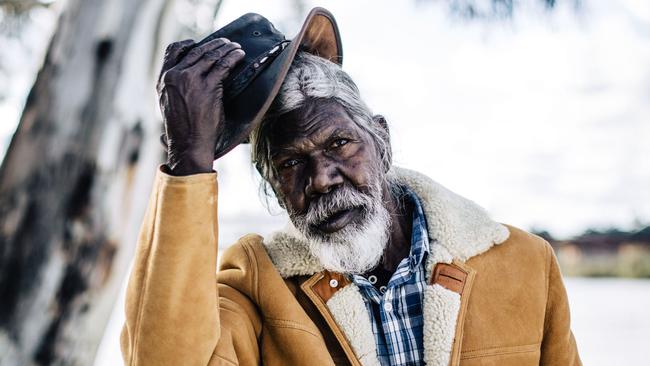
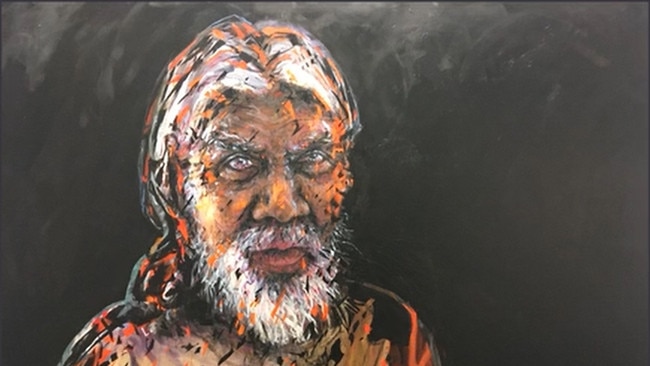
But it was his star turn in the original 1976 version of Storm Boy which began Dalaithngu’s long association with the South Australian film industry and made him a household name.
Dalaithngu’s influence was felt throughout the arts industry, with a portrait of him by Craig Ruddy also winning the Archibald Prize in 2004.
Titled David Gulpilil: Two Worlds, the painting captured the actor’s lifelong struggle to balance living and working between First Nations and western cultures.
Born in 1953 in the town of Maningrida in the Northern Territory, David Dalaithngu was from the Mandhalpingu clan of the Yolngu people, and raised in traditional ways.
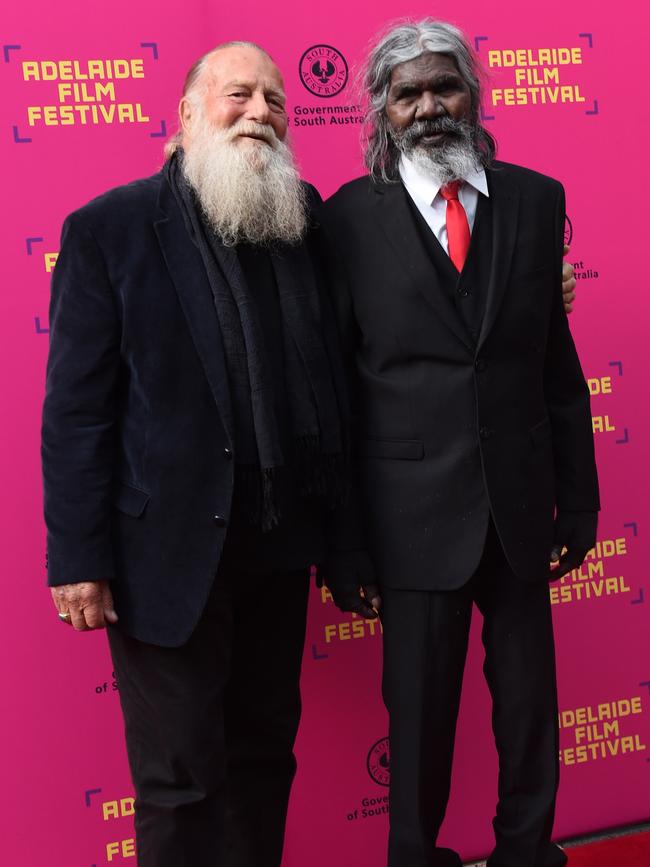
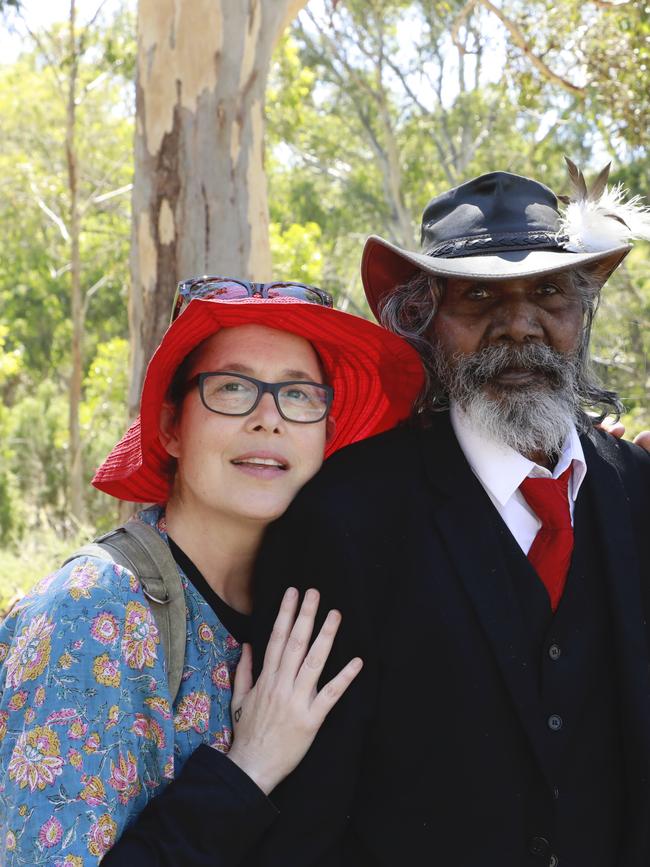
Premier Steven Marshall said on Monday night that Storm Boy, based upon the book by local author Colin Thiele, secured a special place for Dalaithngu in the heart of all South Australians.
“But (David’s) life was not without its struggles – he encountered racism and discrimination, and lived with the pressures of the divide between his traditional lifestyle and his public profile,” Mr Marshall said.
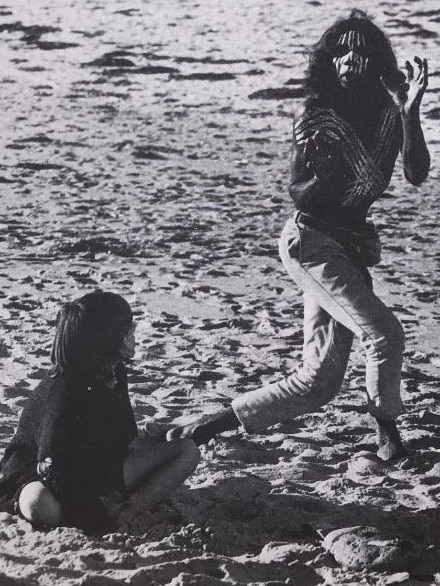
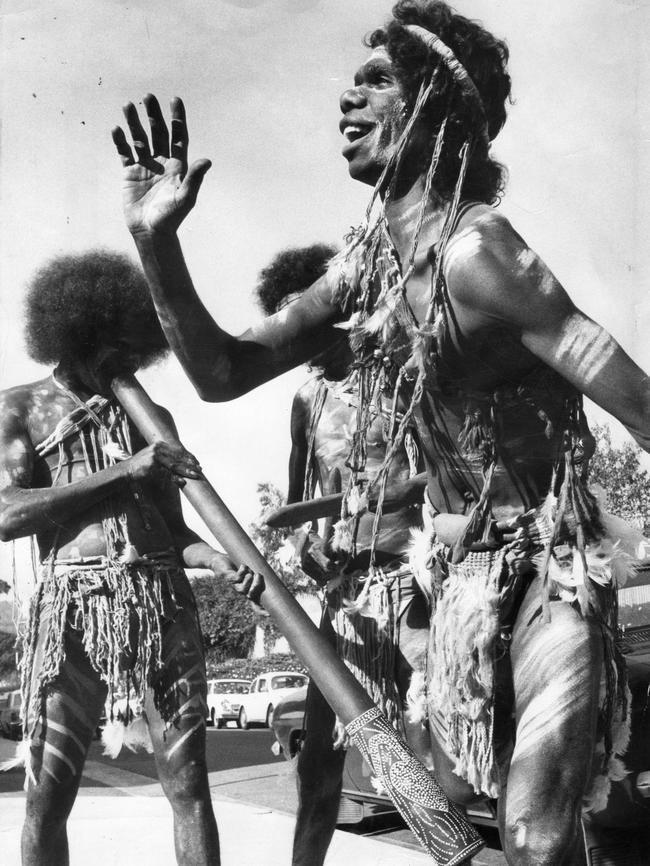
Dalaithngu was not initially expected to survive the shooting of Molly Reynolds’ documentary My Name is Gulpilil, let alone attend its premiere in March.
“Yet it was no surprise to anyone that he was front and centre on opening night, where he would receive his final standing ovation,” Mr Marshall said.
“He was a man who loved his land and his culture, and he was a man who took it to the world.”
As well as his family, Dalaithngu is survived by his friend and carer Mary Hood.




